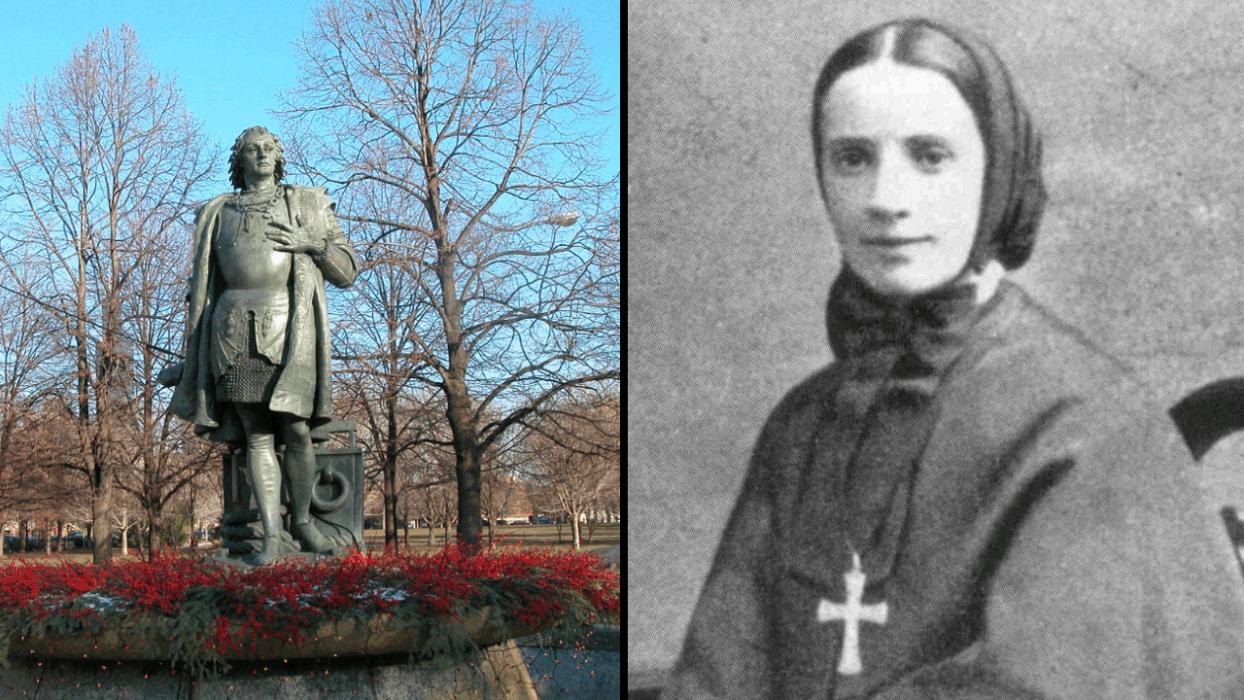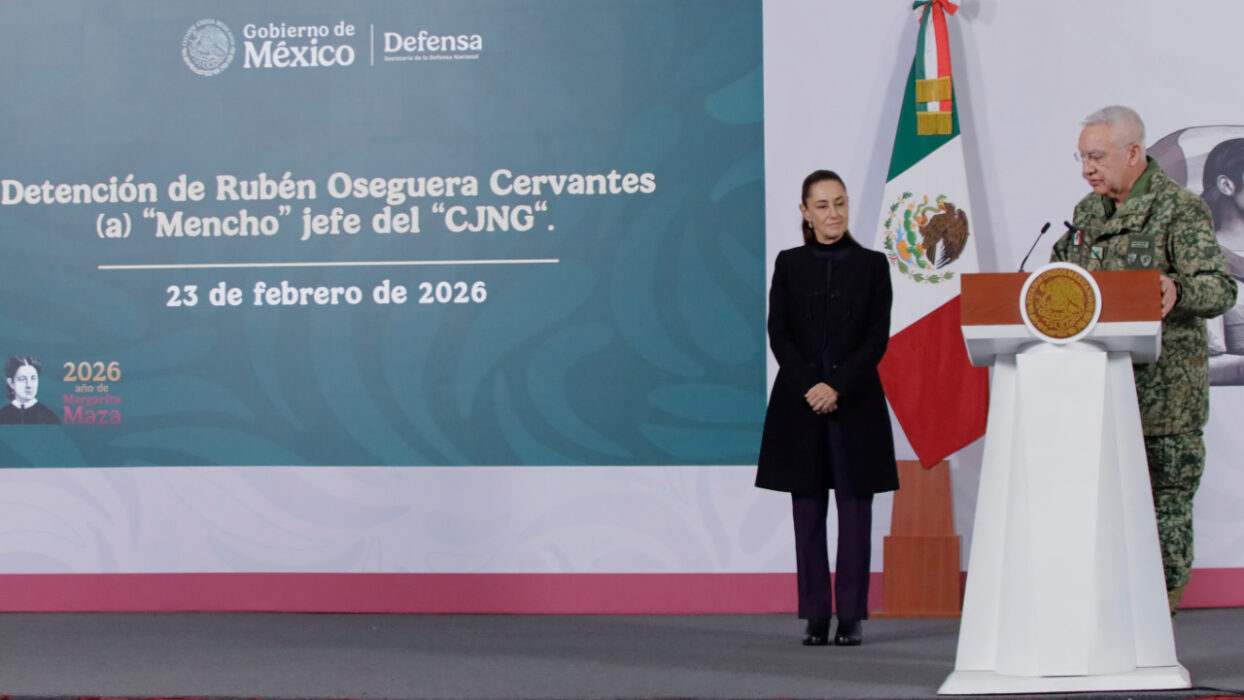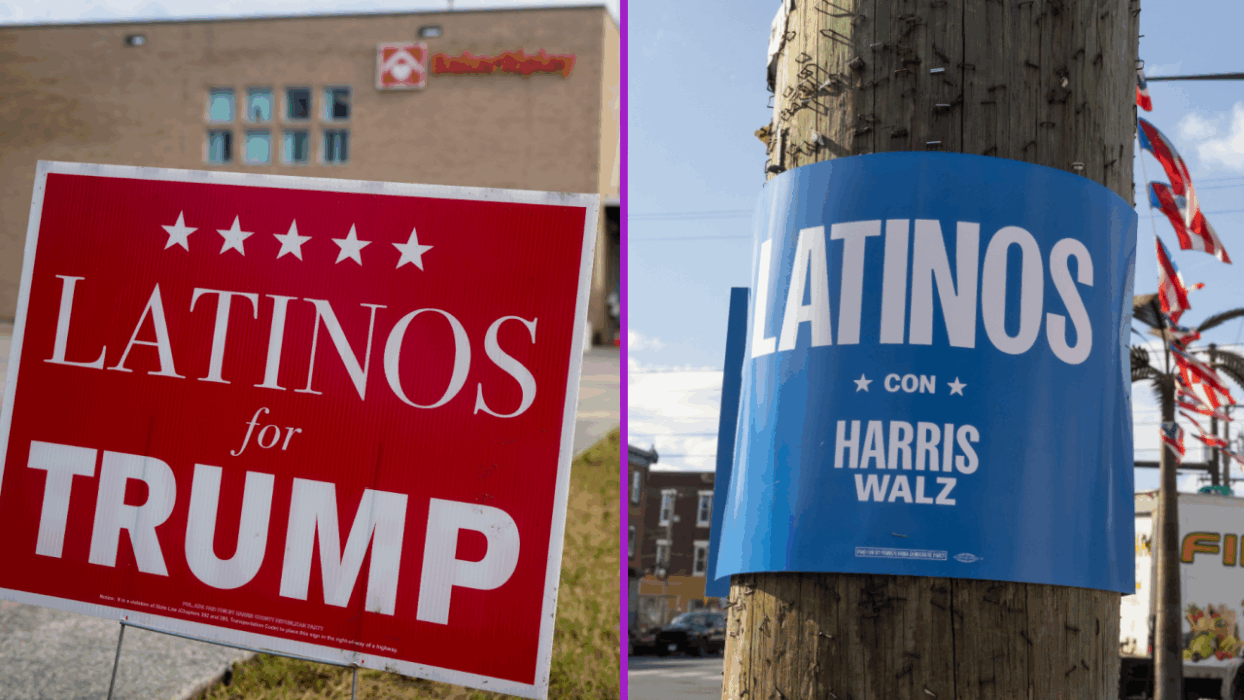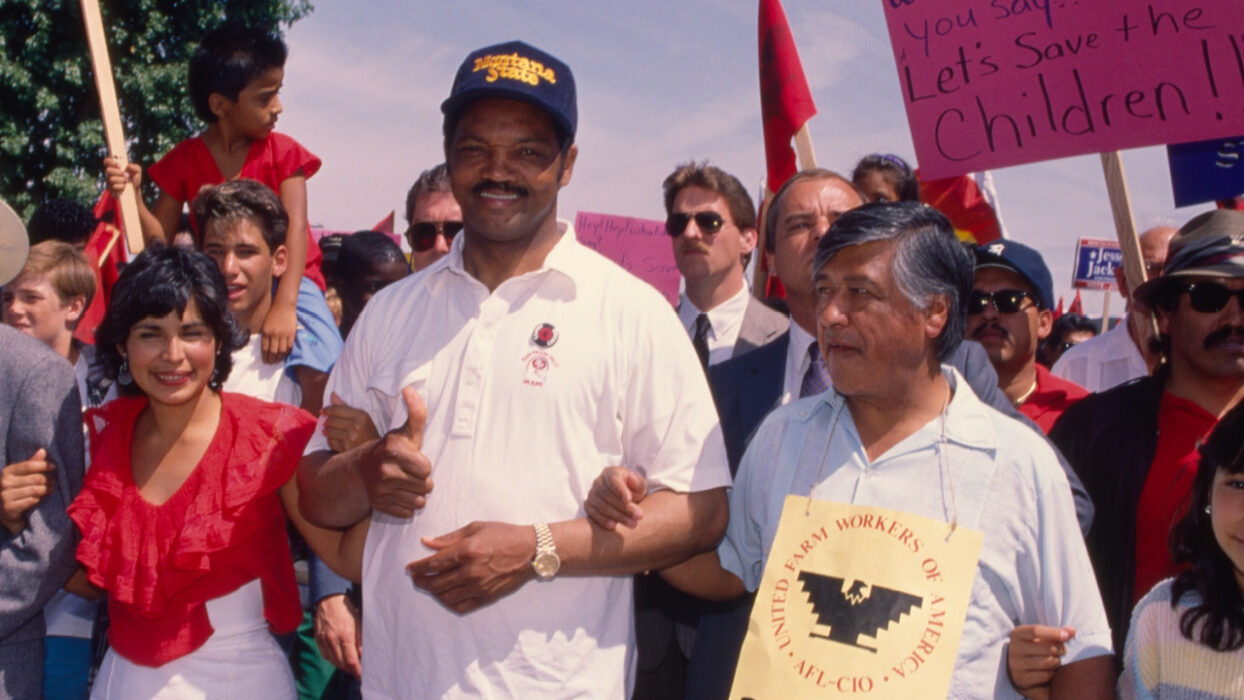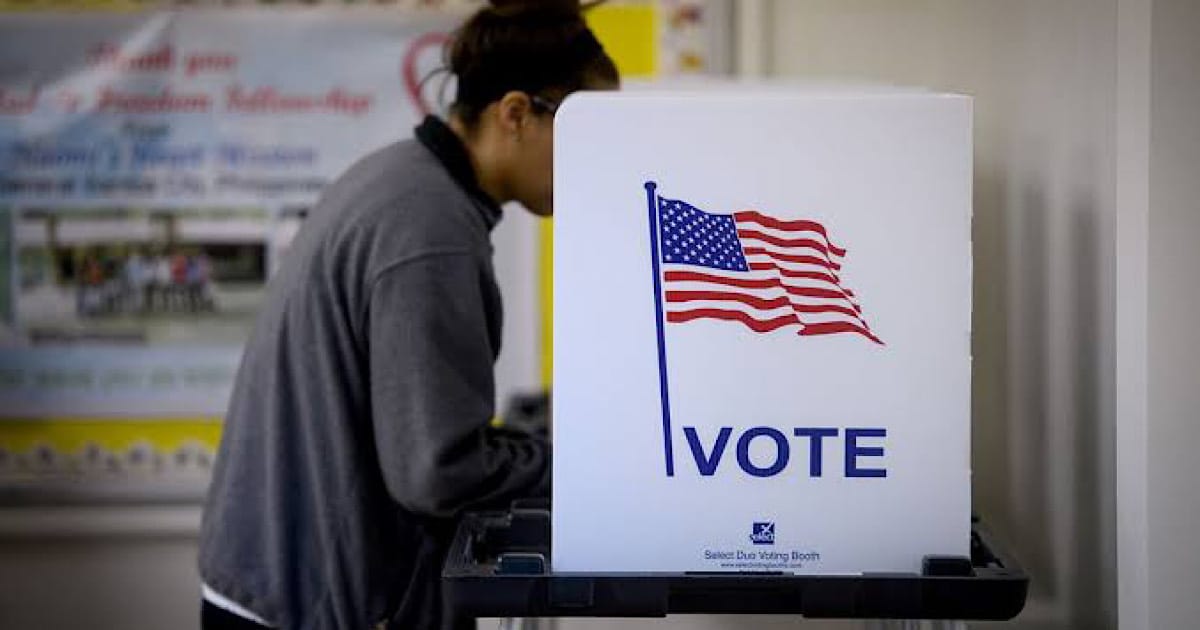
The National Popular Vote May Be The Fastest Way To Get Rid Of The Electoral College
We may not be able to get rid of the electoral college without a constitutional amendment but a new proposal known as the National Popular Vote (NPV) is picking up a lot of steam.
The United States is supposed to be a democracy where voters choose their leaders. In the past two decades, the will of the people has been subverted by the will of the electoral college. Imagine how the country might be different had Al Gore, an environmentalist, who won the popular vote against George W. Bush, who started the disastrous Iraq war, was elected instead? Imagine if Hillary Clinton, who hasn’t been accused of sexual assault two dozen times, and beat Donald Trump by 3 million votes had secured her seat in the oval?
15 states and the District of Columbia have already adopted NPV.
“As signatories, each jurisdiction pledges to select Electoral College members who support the presidential candidate who won the most votes nationally, regardless of which candidate won the most votes in that particular jurisdiction,” according to the Atlantic.
NPV is an interstate compact that requires a certain level of commitment from neighboring states. The pact will go into effect when participating states total 270 electoral college votes (the required number for the president-elect). The 16 regions that have made the commitment are already at 196 electoral college votes.
NPV is also making waves in state politics on a lower level. It appear state officials are paving a way to pass the pact.
“The National Popular Vote bill has now passed a total of 40 state legislative chambers in 24 states. It has also passed at least one legislative chamber in 8 states possessing 75 electoral votes (AR, AZ, ME, MI, MN, NC, NV, OK). It has been unanimously approved at the committee level in 2 states possessing 27 more electoral votes (GA, MO),” according to NationalPopularVote.com.
The plan would not totally eradicate the electoral college but it would mean that state leaders have made a commitment to effectively ignore it. Voters often express conflicting attitudes about candidates: they really love one candidate, but question if they can win the electoral college. Proponents of NPV would argue such compromises have no place in a democracy and NPV can help eliminate the conflict altogether.
NPV could solve two major issues with the electoral college.
There are two major longstanding issues with the electoral college. The first is that our system is based on the premise of “one voter, one vote.” However, the system is skewed in favor of voters in a few small states. Electoral votes are determined by the number of representatives in Congress which is determined by the state population.
The Washington Post notes that while small states receive a minimum of three electoral votes, larger states have limits on how many electoral votes they can receive.
” Wyoming, with 586,107 residents — gets three electoral college votes… Consider that California, the most populous state, has 39,144,818 residents and 55 electoral college votes,” according to the paper. “That means that in the electoral college, each individual Wyoming vote weighs 3.6 times more than an individual Californian’s vote.”
The second issue is the “winner take all” effect, where no matter how small a margin of victory a candidate has, they take all the electoral votes. This means our election outcomes are determined by a few swing states. While some argue that a popular vote will hurt the Republican party, such detractors might ask why Republicans are unable to curry enough favor to win over most American voters.
The electoral college also disenfranchises about 4 million voters who live on territories.
“Roughly 4 million Americans live in the United States’ five permanently populated overseas territories — and they have no voice in selecting a president. That includes Puerto Rico, the United States’ most populous overseas territory, whose population is larger than that of 21 states and the District of Columbia,” according to the Washington Post.
While residents of the territories can participate in primaries (Marco Rubio won the Puerto Rican GOP primary by a landslide in 2016, for example), they have no electoral votes with the exception of Washington, D.C.
“More and more, the United States is likely to elect presidents who haven’t won the popular vote — awarding the presidency to a party that has no popular mandate. The compromises behind the U.S. election system are failing at their goals,” Katy Collin wrote for the Washington Post.
One of the original intentions of the electoral college may have been to give smaller states a voice, but it has essentially assured that smaller states are the only voices that matter when it comes to picking our most important leader.

